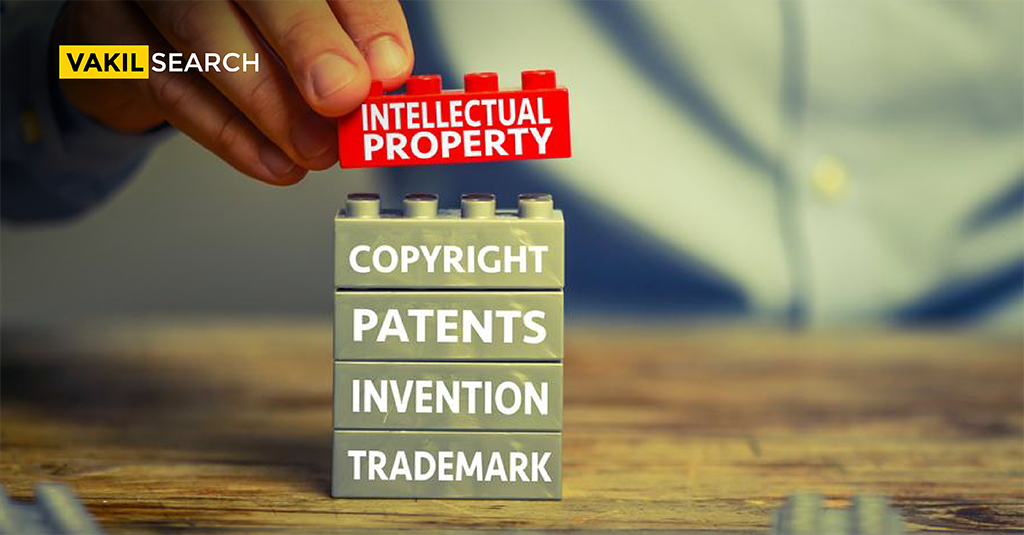Intellectual property infringement is akin to trespassing on a piece of land which does not belong to you. In this article, we will explain everything you need to know about intellectual property infringement.
Intellectual property infringement is the unauthorized use, reproduction, or distribution of intellectual property without the permission of the owner. Intellectual property infringement is a violation of the exclusive rights granted to the owner of the intellectual property, including patents, trademarks, copyrights, and trade secrets.
Infringement can occur in various forms, such as copying, distributing, displaying, or selling an infringing work. In some cases, infringement may be unintentional or accidental, while in other cases, it may be deliberate or willful. Regardless of the intention, intellectual property infringement is illegal and can result in legal action and serious consequences for the infringing party.
The Following Are Some Examples of Intellectual Property Infringement
-
Patent Infringement
Patent infringement occurs when a party uses, makes, sells, or imports a product or process that is covered by a valid patent without the permission of the patent owner. Patent infringement can occur in various ways, such as copying a patented invention, creating a similar product, or using the patented process.
-
Trademark Infringement
Trademark infringement occurs when a party uses a trademark that is similar or identical to a registered trademark for similar goods or services without the permission of the trademark owner. Trademark infringement can occur in various forms, such as using a similar logo or design, using a similar name or slogan, or creating a similar product that is likely to cause confusion among consumers.
-
Copyright Infringement
Copyright infringement occurs when a party copies, distributes, displays, or performs a copyrighted work without the permission of the copyright owner. Copyright infringement can occur in various forms, such as copying a book, music, or movie, using a photograph or image without permission, or posting copyrighted content online without permission.
-
Trade Secret Infringement
Trade secret infringement occurs when a party uses or discloses a trade secret without the permission of the owner. Trade secrets are confidential information that provides a competitive advantage, such as customer lists, manufacturing processes, or formulas. Trade secret infringement can occur in various ways, such as stealing trade secrets, disclosing confidential information to a competitor, or using confidential information to gain a competitive advantage.
Consequences of Intellectual Property Infringement
The consequences of intellectual property infringement can be severe, and the infringing party may face legal action, fines, and other penalties. In some cases, the infringing party may also be liable for damages, including lost profits and damages for the harm caused to the intellectual property owner’s reputation.
To prevent intellectual property infringement, it is important for businesses and individuals to be aware of their intellectual property rights, including trademark registration, and to take steps to protect their intellectual property. This may include registering patents, trademarks, and copyrights, keeping confidential information secure, and monitoring the marketplace for potential infringements.
Bottom Line
In conclusion, intellectual property infringement is a serious issue that can have significant consequences for businesses and individuals. It is essential for all parties to be aware of their intellectual property rights and to take steps to protect their intellectual property from infringement. By doing so, businesses and individuals can protect their investments, foster innovation, and promote fair competition in the marketplace.
To best protect your intellectual property initiate registration proceedings with the help of Vakilsearch experts!
FAQs
What is the meaning of intellectual property infringement?
Intellectual property infringement is the violation of an IP right, such as using a third party’s image, trademark, logo, or design without proper permission from the IP rights owner.
What are the different types of intellectual property infringement
Common types of intellectual property infringement include patent, trademark, and copyright violations, as well as design infringement, cybersquatting, and trade secret misappropriation, all of which violate the exclusive rights of the IP holder.
What is infringement of intellectual property rights in India?
In India, IP owners can pursue civil litigation to recover damages, obtain injunctions to stop infringement, and seize infringing products. Infringers may face fines, legal costs, and compensation for profits lost by the rightful IP owner.
How is intellectual property (IP) protected?
IP is protected by laws such as patents, copyright, and trademarks, which allow creators to earn recognition and financial benefit from their inventions and creations. These protections ensure exclusive rights to the creators.
What are the legal remedies for intellectual property infringement?
Legal remedies for IP infringement include cease-and-desist letters, injunctions to stop unauthorized use, damages for losses, settlements to avoid lengthy legal battles, and litigation to pursue penalties through court proceedings.
How long does intellectual property protection last?
The protection duration for IP varies: patents last 20 years from the filing date, trademarks can last indefinitely with renewal, and copyrights last for the life of the author plus 70 years.
Is intellectual property infringement a criminal offence?
Typically, intellectual property infringement is a civil offence. However, certain types of infringement, such as counterfeiting, can result in criminal sanctions, including fines and imprisonment, depending on the severity of the violation.



